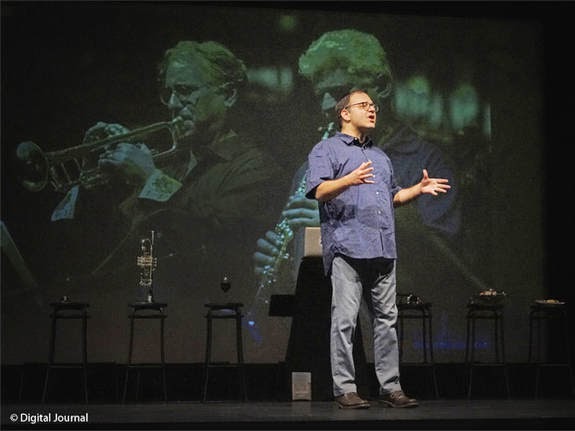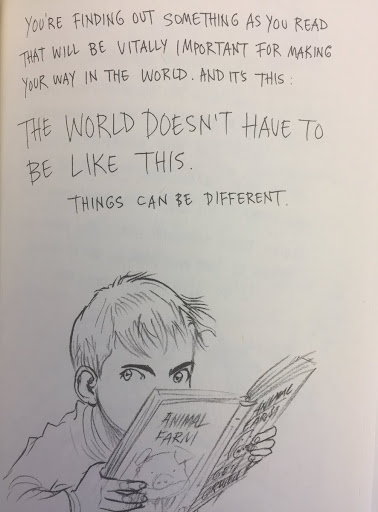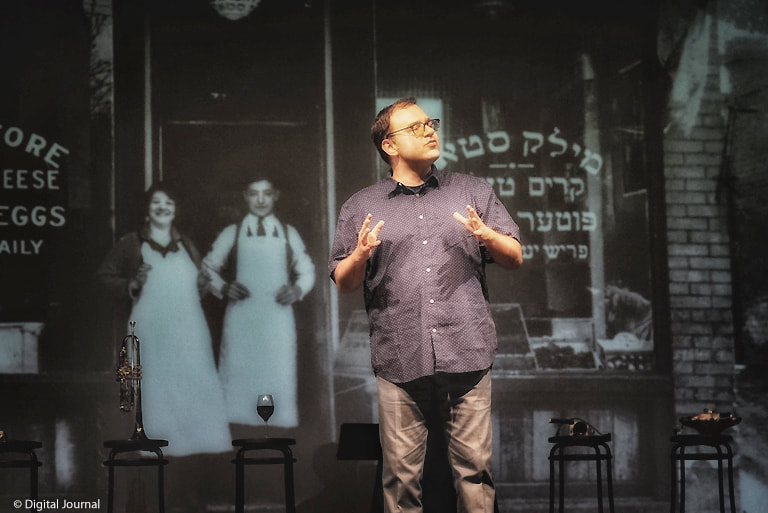When I first started my freelance journalism career, I was on the prowl for those high-paying gigs. Twenty-five cents a word? No thanks! That’s so 1995.
But I realized something about the state of mainstream media publications in my hometown of Toronto: newspapers didn’t pay above 40c/word, and the rare 80c/word or more publications tended to be top-tier magazines with few feature articles per issue, such as Toronto Life or The Walrus.
So how can a passionate and hungry freelance journalist break into the $1/word market? The answer is simple, actually: Alumni magazines for post-secondary institutions.
I learned about this opportunity when I first freelanced for the alumni publication representing my alma mater, Ryerson University, which will soon be renamed. A short 500-word profile netted me $500 (all figures in CAN), inspiring me to look beyond my immediate area for more alumni magazines that are looking for compelling profiles of interesting graduates.
And that’s the thing about this gig: You have to be constantly scouring for business leaders and athletes and artists who are impacting their sectors, and then you have to head to LinkedIn to find out where they graduated. More often than not, they’ve been featured in their alumni mag at some point, so the research process can be pockmarked by disappointment.
But once I got into the groove of pitching to editors the stories of graduates they haven’t profiled yet, and enjoying a 50% acceptance rate, I began to see my bank account balloon thanks to these $1/word assignments.
It’s also straightforward work: I research the graduates thoroughly before the interview, chat with them for an hour, and then write the profile, which usually doesn’t stretch beyond 1,000 words.
Breaking that down a bit further, I’d estimate I spend around 6 hours total per profile, which means $1000 divided by 6 is $166 per hour. That’s the kind of hourly rate I seek as a full-time freelance journalist.
Since those early Ryerson U profiles, I’ve written for Yale, Princeton, Penn State, the University of Michigan, McGill University, the University of Toronto and a dozen more.
I’m amazed at how many freelance writers don’t pitch to alumni magazines, of which there are hundreds in the US. Is it they don’t think the byline is high-profile enough? Or they’ll get rejected because a lot of alumni mag content is written in-house? Maybe, but you shouldn’t let any of the above arguments deter you from pitching a strong graduate profile to an alumni pub accepting freelance queries. After all, as my Dad likes to say, “You don’t ask, you don’t get.”
Also, beginning writers can get a foot in with graduate profiles, since you aren’t competing heavily with other freelancers and editors of these outlets tend to be more open-minded about contracting newish writers with a great profile idea. Still, it’s recommended that beginner writers can show off a decent amount of clips if the editors requests them.
Another byproduct of writing for alumni magazines is acquainting yourself with impressive leaders in various fields that could act as fodder for your next pitch to another outlet. For example, I profiled the inventor of Apple’s autocorrect for Yale’s alumni outlet, focusing on his recent memoir, and then a few months later I pitched to Business Insider the idea of interview Ken Kocienda about what it’s like to work at Apple. Two different articles, two separate cheques, one fascinating guy to profile.
If you’re a freelance journalist struggling to secure that $1/word bounty, consider those alumni magazines that many of us toss into the recycling once they hit our mailbox. They could be your ticket to freelance success!





